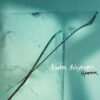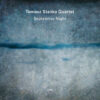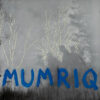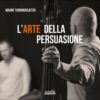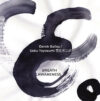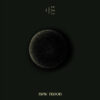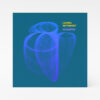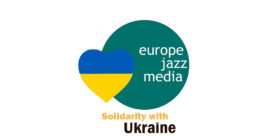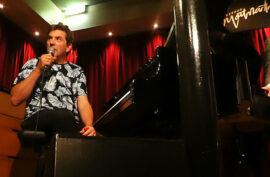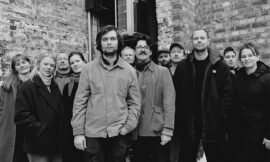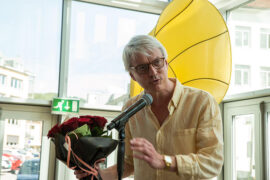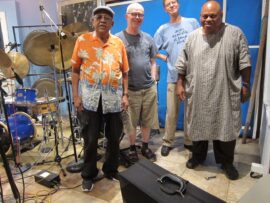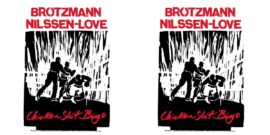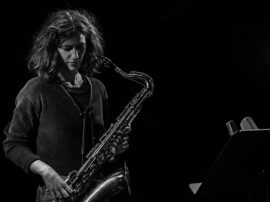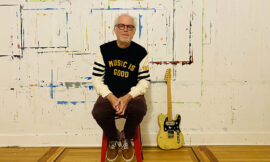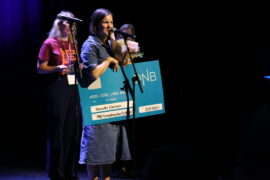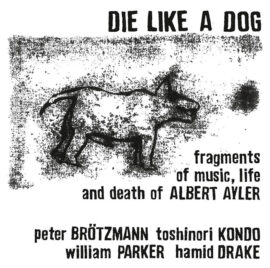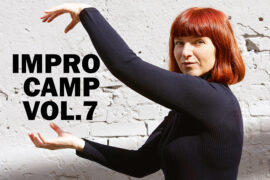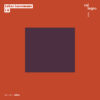
«I N» is the second solo album of Austrian cellist-composer Lukas Lauermann, following, «How I Remember Now I Remember How» (col legno, 2017), and focusing on the state of mind of a constantly searching composer-musician and his endless work-in-progress. Lauermann sees his own musical ideas as seeds that germinate, combine, become an organism, rewire… and which can be approached from any end or at any intermediate point. Lauermann has done soul-searching by looking INward – and in the same instance is receiving external INput. Or as he puts it in a more poetic manner:
I N does not start with the first work.
The end is at the beginning.
The music on this album began with listening on my part … and it ends
with you dippINg your ears into it.
The classically-trained Lauermann is an in-demand musician in the fertile Viennese experimental and contemporary music scene. «I N» offers 22 short pieces, played on the cello, sometimes augmented by the piano, synthesizer, and tuning forks. And sometimes Lauermann alters and modifies the acoustic, venerable sounds of the cello via a soundboard for external musical sources. He also takes binary codes and translates them into rhythmic patterns.
Lauermann adds insightful observations on his working process in the liner notes: «A note doesn’t start out as a note. They are a provisional result of an idea, inspired by my perception of the world which I can only fully express through music… Individual seeds – such as sequences of chords or ideas for loop structures – have been built on, expanded on thousandfold … or sometimes distilled. In either case, they had their inner connections explored and woven into another. That has resulted in a formal organism of individual pieces that have disparate functions (as points of entry, nodes, places of repose, transitions etc.) while correlating closely to each other… the cello pieces have all come out of a sense of play; those for piano from a point of construction. I then went on to deliberately modify the material in the opposite manner: The intuitive elements intellectually and the intellectual ones intuitively… the first and last notes are the same, thus coming full circle. This reflects the form of the album as a whole, but it also intends to be descriptive of comprehensiveness in the smallest detail. However, if no interval is to be repeated, we will always end up missing a note. Just as sometimes two single letters might be missing for the comprehension of a particular word».
Lauermann’s pieces reflect his own soul searching and his inner dialogs, but most of all, offer his own sound, especially when he plays only the cello. A highly addictive sound, always melodic and often openly emotional, lyrical and warm, dark but rich and often poetic, even when it manipulated. Throughout I N he explores evocative themes, some are repeated, distorted, and developed in different ways along with this immersive sonic organism.
Eyal Hareuveni
Lukas Lauermann (c, p, synth, tuning forks)

